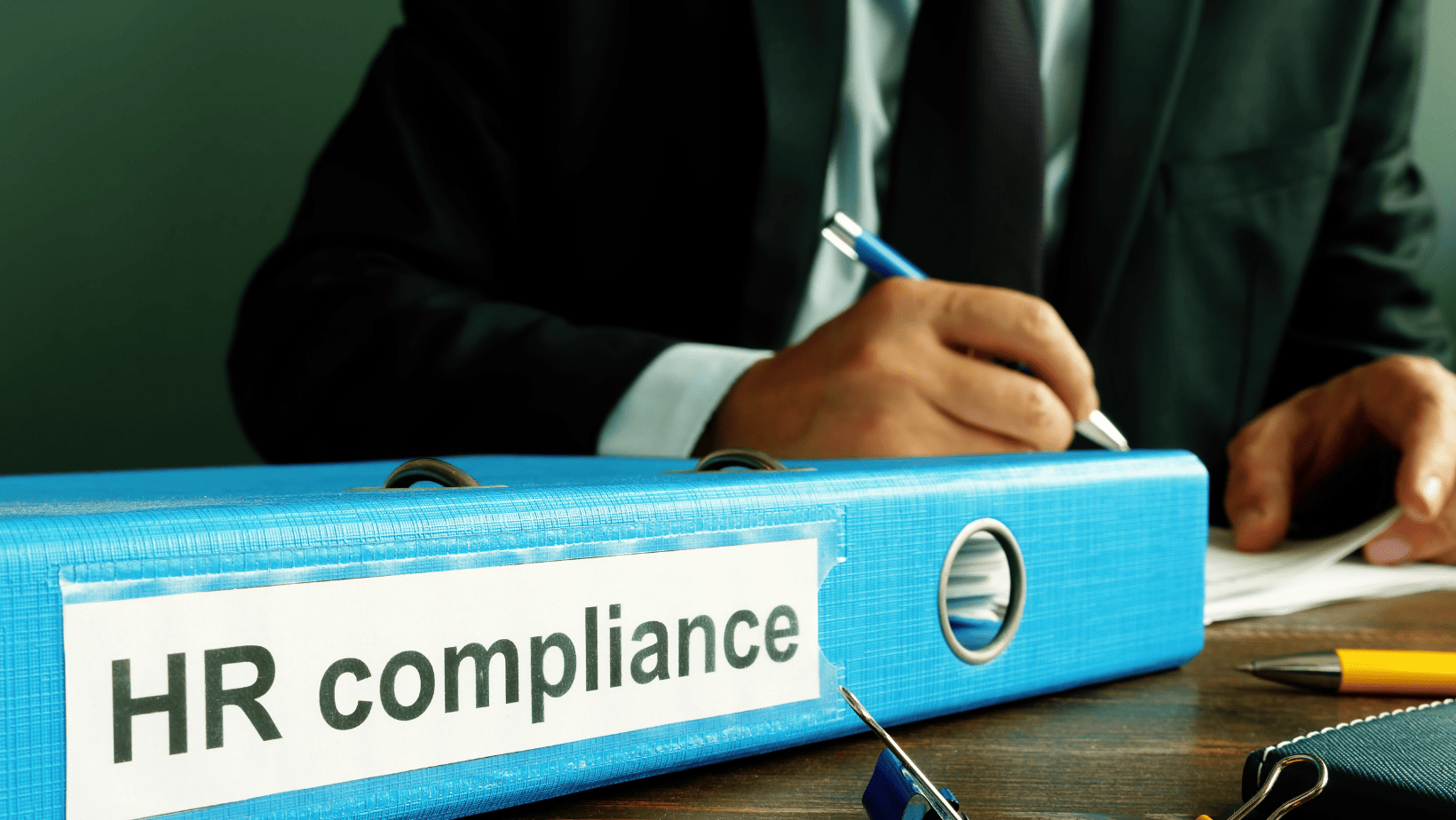As companies increasingly rely on remote workers to stay competitive, HR Managers must keep up with the latest Form I-9 regulations, including the new video verification requirements. Employers can now designate authorized representatives to conduct video interviews to verify employment eligibility.
In this article, we’ll discuss everything that HR managers need to know about the new Form I-9 regulations and how video verification can help with remote hiring.
-
Overview of the Form I-9
The Form I-9 is a federal form that employers use to verify the identity and employment eligibility of their workers. It was developed to ensure that employers do not hire individuals who are not authorized to work in the United States. All new employees, regardless of their citizenship status, must complete Form I-9 within three days of their hire date.
-
Changes to the Form I-9 and Video Verification
The U.S. Citizenship and Immigration Services (USCIS) recently updated the Form I-9 to reflect changes in the law. The new form is designed to reduce errors and help employers complete the verification process more efficiently. One of the most significant changes allows employers to use video interviews for remote hires.
The video verification option allows designated representatives to conduct video interviews with remote employees to verify their identity and employment eligibility. These designated representatives must be employees of an authorized third party and have proper training to verify that they have viewed and assessed the original documents presented during the interview.
-
Benefits of Video Verification
Video verification can offer many benefits to companies that hire remote employees. First, it can help reduce errors and ensure that employers are complying with the latest Form I-9 regulations. By using video interviews, employers can verify the documents presented by job applicants remotely, which can help save time and money on travel expenses and employee downtime. Additionally, video verification can help reduce the chances of document fraud, which can help companies avoid fines and other legal issues.
-
Best Practices for Video Verification
To ensure that video verification runs smoothly, HR Managers should implement best practices that align with the latest Form I-9 regulations. These include developing proper procedures for conducting video interviews, ensuring that designated representatives receive proper training, and keeping accurate records of all verification activities. Companies should also implement security measures to ensure that documents are not compromised during the video interview process.
Conclusion
HR Managers must stay informed about the latest Form I-9 regulations, including the new video verification requirements. Using video verification can help companies conduct remote hiring more efficiently while ensuring that they comply with all relevant laws. By following best practices and keeping an eye on the latest developments in Form I-9 regulations, HR Managers can make sure that their companies are hiring the right people and staying compliant with the law.



